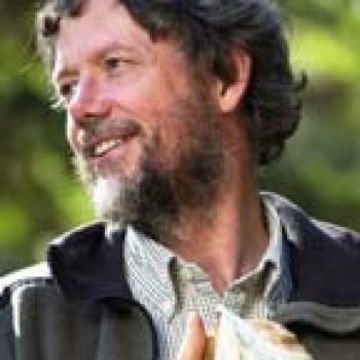Development of Societies
Archaeologists have a unique ability to study the major transformations that have led to the modern world. For example, many faculty and students conduct research on the domestication of plants and animals and the formation of settled villages and towns in different parts of the world. Others have focused on increases in inequality over time, trying to understand the causes and the implications. Historical archaeologists have contributed to the understanding of colonialism and its effects on communities, while others have explored in particular the control of labor and the institutions of slavery in Africa, the Mediterranean, the Americas and in China and South Asia. Faculty and students are involved in research that unpacks different arguments concerning the causes of social change, the resistance to power, and the formation of states. The emphasis is on the contextual understanding of particular pathways of development while at the same time exploring comparisons.





